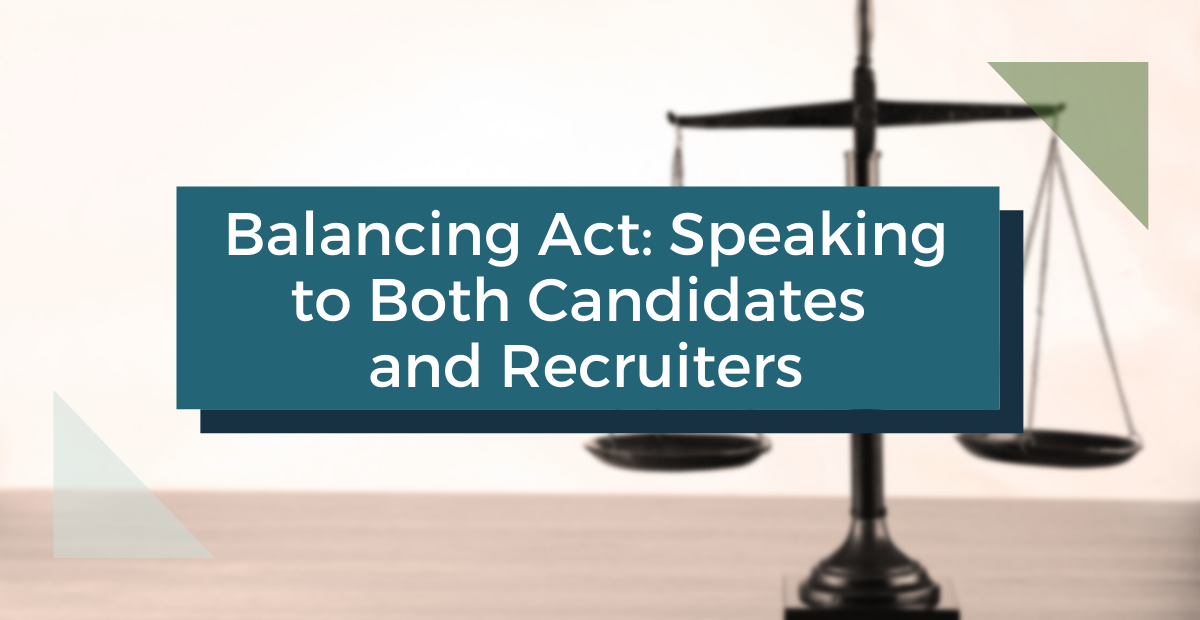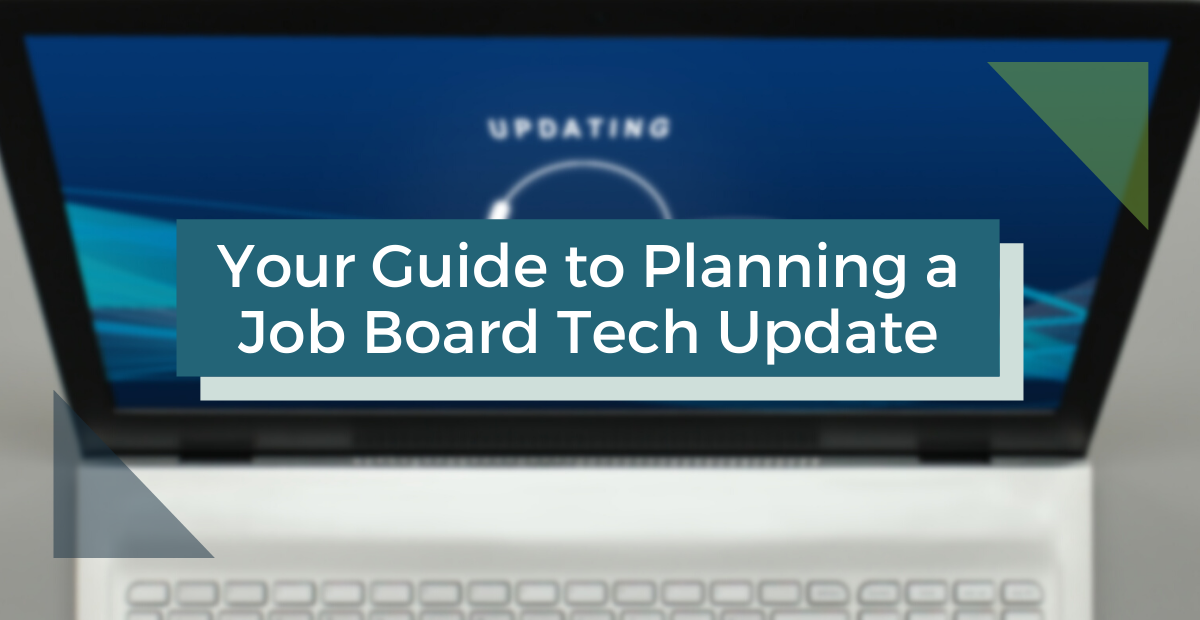“Job Boards” are for Job Seekers, “Talent Acquisition Platforms” are for Recruiters?
Terms such as “recruiting” and “talent acquisition” speak to recruiters and employers, but not necessarily to job seekers. Thinking of your job board or career centre as a “talent community” is great when it comes to strategy – it means you’re thinking about making your recruiting site an interactive community that attracts and engages the candidates you target.
But does it translate for job seekers? Do the candidates you want to attract actually think of or refer to themselves as “talent”?
Candidates – be they active job seekers or passive candidates – don’t really see themselves as a product to be nurtured, whose contact information and resume data can be bought and sold to employers, recruiters, or other entities. They have their own wants and needs.
Candidates are people who are interested in one main thing: furthering their careers.
Typical job seekers are primarily searching for jobs and researching employers. They’re not likely to type “talent community” into a search engine to discover the opportunities they seek. To the job seeker, a “job board” makes sense.
Successful Job Boards Aren’t Just Job Boards
Talented and employed candidates who are open to opportunity but not actively looking aren’t going to apply to a ton of jobs, but they might become regular and engaged visitors to job boards that provide interesting news, resources, and advice that is relevant to their careers. Then when the right opportunity or offer comes along, they’ll find themselves in the right place at the right time – that is, your job board/recruiting platform/career centre/whatever.
I don’t think we’re going to crack the code and discover the ideal job board nomenclature anytime soon. There is no clear answer because every case is different. Some recruiters and employer look for “job boards” to advertise their open positions, while others may respond to different language. Making a splash by portraying your recruiting platform as something brand new can help you grab the attention of the customers you seek.(And if you’re one of the few out there solving problems in a unique market – you probably are brand new!) Making a big fuss about how you’re not a “job board” isn’t necessarily as helpful. If someone can advertise jobs on your site, then you are a kind of job board, even if those words don’t take centre stage in your branding.
For successful niche job boards that aim to attract both active and passive candidates, perhaps it makes sense to approach the job board more holistically. Developing an online community, resource, or publication that just happens to have amazing and relevant job opportunities on its job board, as a part of its overall offerings, may be a more balanced approach to marketing to quality candidates. People specifically looking for jobs can find them, and those who are passive or merely browsing can be exposed to those opportunities and be found by employers and recruiters.
Once you have the right candidates, finding the language to connect with recruiters and employers in your niche may become easier. The choice to brand yourself a talent community, a job board, a recruiting platform, hiring tool, or talent acquisition thingamajig will fall into place if you know your market, what they’re looking for, and what language they use.
Successful job boards today simply aren’t the 90s web design nightmares that the term may conjure up in the imaginations of some recruiters. Is it up to job boards to challenge the stereotype that lives in the minds of recruiters and marketers? I’m not sure if it’s really a problem.
The nature of a job board – the kind that serves the needs of multiple recruiters and/or employers – is one of duality. You have to speak to both the people who do the hiring and the people they want to hire. Maybe “job board” isn’t right for both of your audiences, or neither, but it still means something and people still hit up Google looking for job boards that cater to the jobs they want. It’s up to you to know (or find out) what language works with your two markets.










![6 Steps to Launching Your Job Board [Infographic]](https://www.careerleaf.com/wp-content/uploads/2017/07/6-Steps-to-launching-your-job-board-infographic.png)